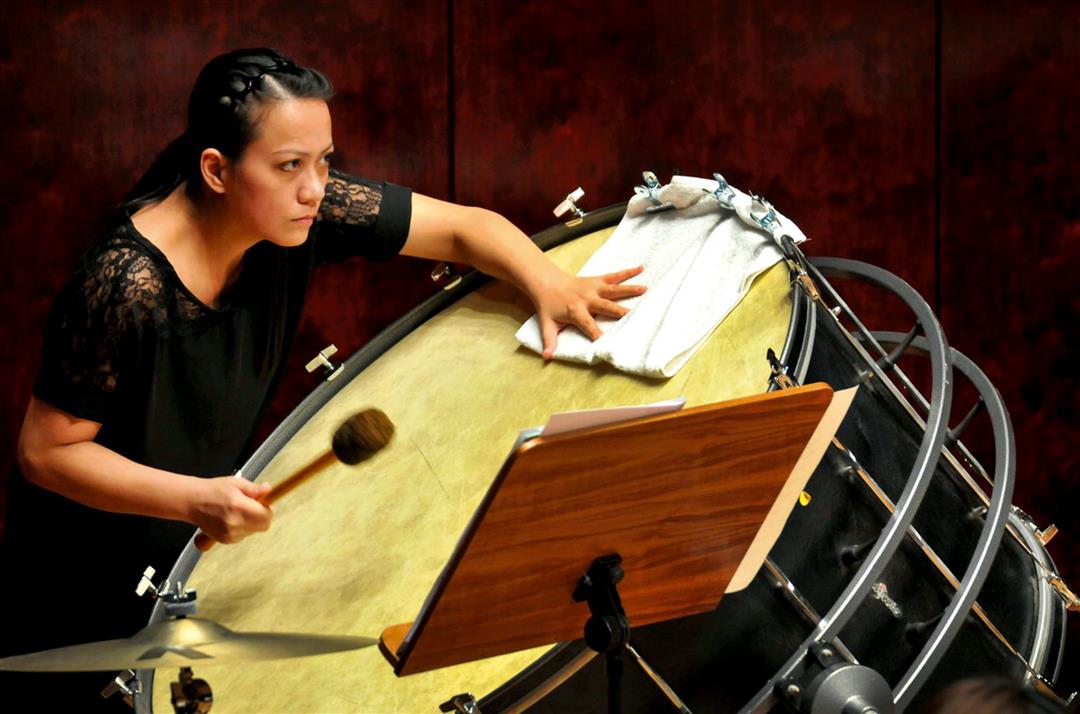Rave reviews, cultural diplomacy
Abroad, the Taipei Philharmonic won repeated praise from foreign critics as it shone on the international stage.
“The first sound of the Taipei Philharmonic in Boston Symphony Hall was electrifying,” wrote Richard Dyer in The Boston Globe on October 10, 1995.
“Superb playing from the Taipei Philharmonic and elegant direction from [Yoel] Levi produced a passionate, thrilling interpretation—beautifully controlled, thunderously alive and memorable in every way,” wrote Stephen Brookes in The Washington Post on July 18, 2006.
TPO president Thomas Lai explains that going abroad wasn’t easy on a tight budget. Fortunately, the orchestra’s performances earned excellent reviews in the foreign press. For the TPO, which wasn’t then receiving much attention in Taiwan, the recognition was highly encouraging.
After giving a performance abroad, members of the orchestra would nervously wait to read the notices the following day. But they could bask in the glowing praise for only a few minutes. Before long they’d have to get their luggage ready to go to the next stop on the tour. It was all very tiring. They would quickly learn and practice music with local appeal, so as to best cater to their audiences. They knew that their performances would be perfect only through hard work and strict attention to every detail.
On September 14, 2001, just a few days after the terrorist attacks on the United States, the TPO gave a performance in Helsinki, Finland. To express a sense of mourning after September 11, they played The Last Spring by Norwegian composer Edvard Grieg, which is an interpretation of sadness. It received lengthy notices in the local press. Wu Ming-yen, then head of the Taipei Representative Office in Finland, provided assistance to make the trip and performance possible. After the concert, the US embassy there wrote a letter of thanks, and the performance opened an opportunity for the TPO to take a Scandinavian tour in 2007. Yu Bing-ching says that the TPO, drawing strength from the people of Taiwan, has an impressive record of cultural diplomacy.

The TPO has always highlighted its strong ties to its homeland, bringing works representative of Taiwan to international concert halls. (photo by Andrew Ore)